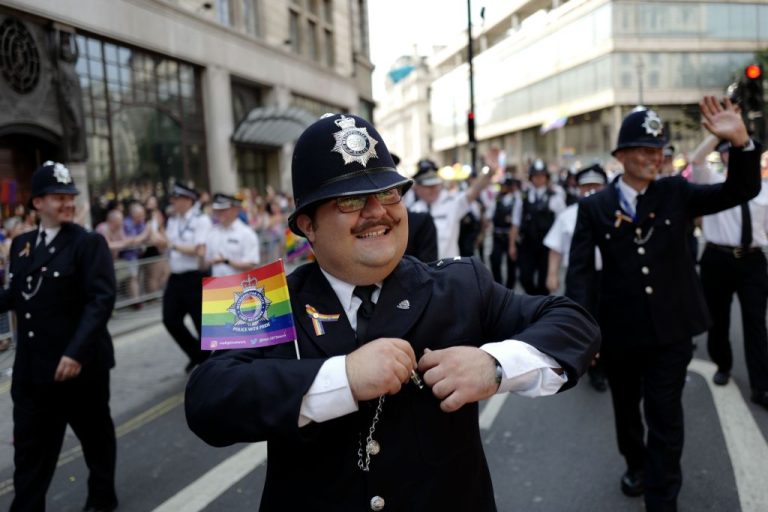Law enforcement in the United Kingdom is becoming increasingly characteristic of a nanny state as police lodged a hate crime investigation after an 11-year-old boy was called names in the street.
In a June 27 report by Daily Mail, Wiltshire police opened a “non-crime hate incident” after the boy was called “shorty” and a “leprechaun” by an unidentified heckler that may have simply been another child.
The Sun stated in a June 26 article on the event that, “The kids’ spat was just one of several barmy cases uncovered by The Sun in the past 12 months.”
UK GOES WOKE
- New UK and EU Cars to Be Equipped With AI Speed Surveillance and Intervention Devices Starting in July
- Forget Vaccine Passports – UK Government to ‘Monitor Family Supermarket Spending’ in Social Credit-Style Anti-Obesity Campaign
- UK Schools Deploy Facial Recognition Payments at Cafeterias
- UK Vaccine Passport App Sends Biometric Facial Recognition Data to Private Company, Shares With Law Enforcement
- UK Kids With Learning Disabilities Offered Do Not Resuscitate Orders During COVID
The UK College of Policing, the profession’s governing body, states an event should be “recorded and flagged” as a non-crime hate incident if “it is established that a criminal offence has not taken place, but the victim or any other person perceives that the incident was motivated wholly or partially by hostility.”
The College adds, “There may be an overlap between a perceived non-crime hate incident and the legitimate exercise of rights and freedoms conferred by the Human Rights Act 1998.”
Success
You are now signed up for our newsletter
Success
Check your email to complete sign up
The governing body also reminds officers “that they have limited enforcement powers in these circumstances.”
But both Daily Mail and The Sun point out that the realities are more severe as such incidents show up on criminal record checks for six years, with no right of appeal.
Daily Mail noted that the College “has recently been forced to review its guidance” after it lost a court challenge in December of 2021.
Harry Miller, a former Humberside officer, challenged the practice in court because he was tagged with a non-crime hate incident after being “approached by colleagues over alleged transphobic tweets in January 2020.”
In February of 2021, Daily Mail stated, based on Freedom of Information requests, that a staggering 120,000 non-crime hate incidents had been opened since the system became a practice in 2014.
“None of the 43 police forces in England and Wales was able to point to any crime that had been prevented, and 20 admitted they did not even have a system in place to monitor the effectiveness of recording the claims,” they added.
Miller was interviewed at the time and told the outlet, “These reports have allowed the police to become weaponised by woke activists who seek to attack and shut people up if they dare to express any views that they do not agree with.”
He added that while the reports appear to be totally useless from a policing standpoint, they nonetheless serve as a valuable censorship tool because, “They make people think twice before saying or posting something on social media in the fear that it could land them with a criminal record.”
In 2018, Breitbart reported that the South Yorkshire Police had begun a Twitter campaign that encouraged citizens to report on one another for actions that could be considered a non-crime hate incident, such as, “Things like offensive or insulting comments, online, in person or in writing.”
The outlet said the campaign came in response to social media outrage after an instance of a hijab-clad woman who chased citizens in the middle of Barnsley, which is under South Yorkshire’s auspices, with a 30 cm kitchen knife shouting “kill, kill, kill.”
The incident was reported by the Associated Press, which noted one man was stabbed.
Deputy Chief Constable Mark Roberts was quoted as putting two and two together directly when he stated, “In the wake of this weekend’s incident in Barnsley, we have seen a significant increase on our social media platforms of offensive abuse against our communities.”
“The comments are vile and offensive and, ironically, the bigotry expressed re-emphasises the need to tackle hate both within our local communities and much wider,” Barnsley added.
And continued, “We have seen unacceptable comments, and will seek to prosecute those responsible where appropriate…We will not tolerate this type of messaging and will continue, together with our partners, to raise awareness of hate.”
















